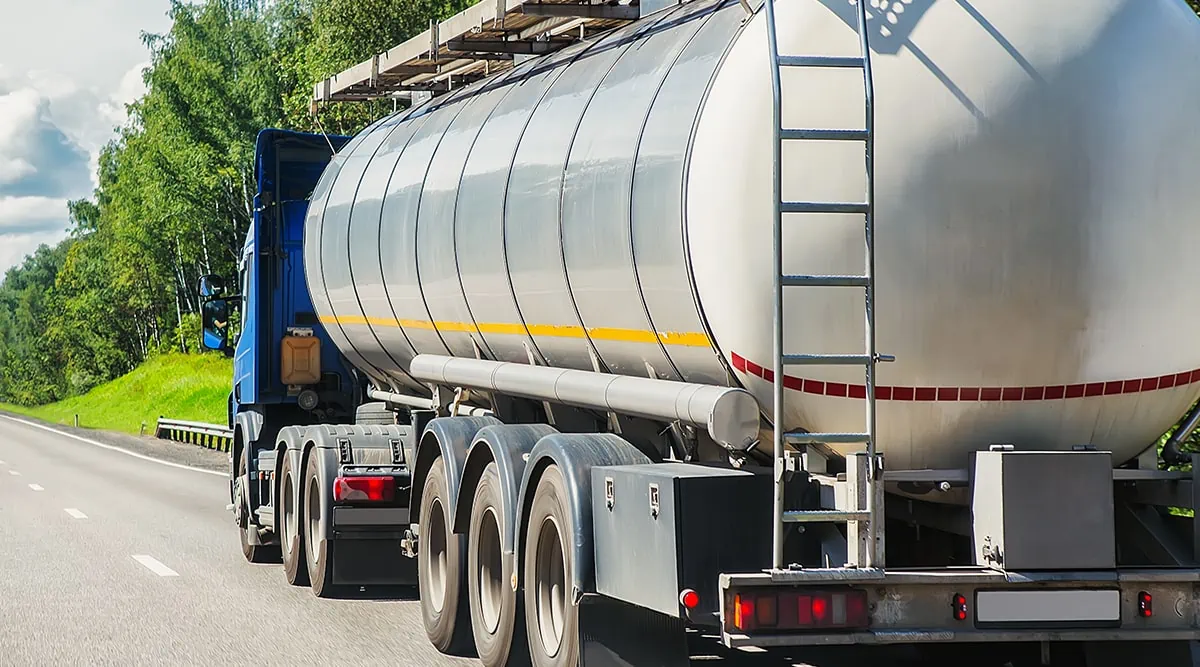The Best Strategy To Use For Reclaim Waste
Table of ContentsNot known Facts About Reclaim WasteNot known Factual Statements About Reclaim Waste The Only Guide to Reclaim WasteThe Definitive Guide to Reclaim WasteHow Reclaim Waste can Save You Time, Stress, and Money.
Check out the kinds, incidents, and kinds of liquid waste. Domestic sewage waste refers to the waste and products from a property septic system. This kind of waste is created by humans in houses, institutions, and other buildings. This only includes septic systems that have a drain field. The correct monitoring and disposal of residential sewage waste require liquid waste to be moved to a sewer therapy plant where the proper methods and devices are applied to cleanse and take care of waste.
Business waste frequently consists of prospective risks, such as combustible materials or a mixture of fluid and solid waste items, and requires an advanced and detailed disposal process. The disposal of industrial waste commonly entails the filtering of waste prior to transport to ensure risk-free and appropriate disposal. Industrial waste is produced from by-products and runoff of commercial procedures and manufacturing.
This type of waste can not use the same sewer administration transportation or procedures as septic or industrial liquids. The hazardous waste monitoring procedure calls for the examination and screening of fluid waste prior to it goes through the disposal procedure (liquid waste disposal). Runoff waste is the fluid waste that comes from overflow and excess stormwater in extremely booming locations or cities
Runoff waste can create contamination and flooding if not handled appropriately. Discover more regarding sewer cleaning and waste management. Ensuring proper waste administration can prevent calamities and lower environmental injury. Both people in residential settings and professionals in industrial or manufacturing industries can take advantage of comprehending the procedures and laws of fluid waste monitoring.
Little Known Facts About Reclaim Waste.
Contact PROS Services today to find out about our waste management and disposal services and the proper ways to care for the fluid waste you create.
Do you know what happens to your water when you end, flush the bathroom or drain the cleaning equipment? No? Well, it's worth knowing. This so-called 'wastewater' is not just an essential resource however, after treatment, will be launched to our land, waterways or the sea. Used water from commodes, showers, bathrooms, kitchen sinks, washings and commercial procedures is referred to as wastewater.

water utilized to cool machinery or tidy plant and tools). Stormwater, a type of wastewater, is overflow that flows from farming and city locations such as roof coverings, parks, yards, great post to read roads, paths and gutters right into stormwater drains pipes, after rain. Stormwater moves untreated directly to regional creeks or rivers, ultimately reaching the sea.
The Reclaim Waste PDFs
In Queensland, many wastewater is dealt with at sewer treatment plants. Wastewater is transferred from domestic or commercial sites via a system of drains and pump stations, referred to as sewage reticulation, to a sewer therapy plant. Regional governments build, preserve and operate most sewage treatment plants. Operators are licensed under the Environmental Protection Act 1994 to discharge treated wastewater at an appropriate environmental criterion right into rivers.
The Department of Natural Resources recommends local federal governments about managing, operating and preserving sewage systems and therapy plants. In unsewered areas, city governments might call for owners to install specific or family sewage therapy systems to deal with residential wastewater from bathrooms, kitchens, shower rooms and laundries. The Department of Natural Resources authorises using household systems when they are proven to be reliable.
In some brand-new class, therapy of some stormwater to get rid of litter, sand and crushed rock has begun using gross toxin traps. Wastewater treatment takes place in four stages: Removes solid issue.
Wastewater after that flows right into large tanks where solids settle and are removed as sludge. Grease and residue are skimmed from the surface. Makes use of tiny living microorganisms called micro-organisms to break down and remove staying dissolved wastes and great fragments. Micro-organisms and wastes are included in the sludge. Removes nitrogen and phosphorus nutrients that might cause algal blooms in our waterways and intimidate marine life.
The smart Trick of Reclaim Waste That Nobody is Discussing
Nutrient elimination is not available whatsoever sewage therapy plants due to the fact that it needs pricey specialised devices. It is coming to be more usual in Queensland. Clear liquid effluent generated after treatment might still consist of disease-causing micro-organisms. If this effluent is launched into rivers such as rivers or the sea, the micro-organisms will eventually die out.

The majority of wastewater streams right into the sewerage system. Under the Act, regional governments administer approvals and permits for environmentally appropriate tasks (Ages) entailing wastewater releases that could have a regional effect.
The smart Trick of Reclaim Waste That Nobody is Discussing
Tracking offers factual details concerning water top quality and can confirm that permit conditions are being fulfilled. The info obtained with monitoring supplies the basis for making water quality choices.
Comments on “The Definitive Guide to Reclaim Waste”